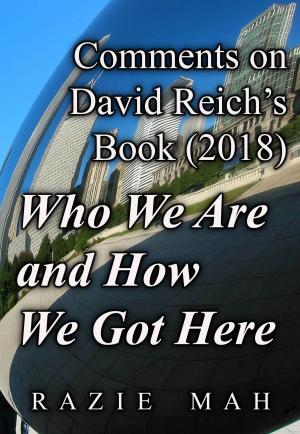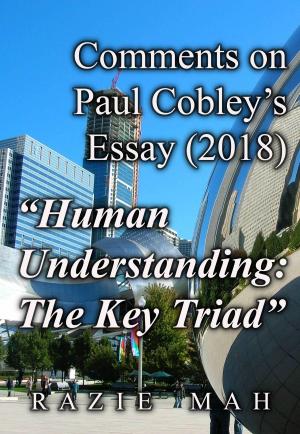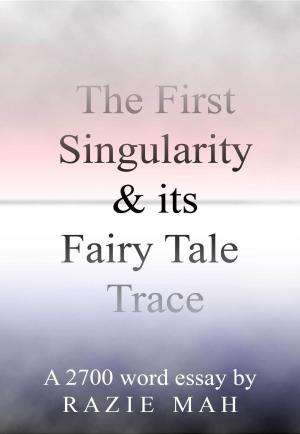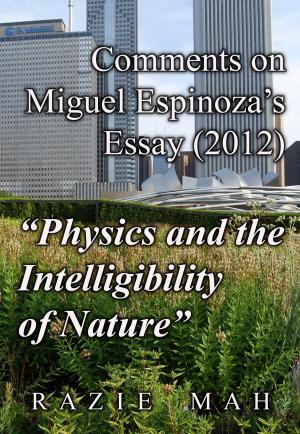Comments on Eric Santner’s Book (2016) The Weight of All Flesh
Nonfiction, Religion & Spirituality, Philosophy, Political, Reference & Language, Education & Teaching| Author: | Razie Mah | ISBN: | 9781942824268 |
| Publisher: | Razie Mah | Publication: | November 17, 2016 |
| Imprint: | Smashwords Edition | Language: | English |
| Author: | Razie Mah |
| ISBN: | 9781942824268 |
| Publisher: | Razie Mah |
| Publication: | November 17, 2016 |
| Imprint: | Smashwords Edition |
| Language: | English |
In The Weight of All Flesh: On the Subject-Matter of Political Economy (2016), professor Eric Santner presents an idea: Late medieval and early modern political theology transubstantiated into middle and late modern political economy.
He does this through directed association, drawing on references that - at first - do not seem linked, then pulling them into an image of an abstract materiality shifting from the glorious body of the medieval king to the everyday regular citizen of the modern world.
His argument sounds like a dream, demanding psychoanalytic interpretation.
My interpretation uses the category-based nested form. This form permits different levels of complexity, ideal for examining Santner’s multilayered and intuitive presentation. The forms visually demonstrate that modern materialism is relational in nature.
In The Weight of All Flesh: On the Subject-Matter of Political Economy (2016), professor Eric Santner presents an idea: Late medieval and early modern political theology transubstantiated into middle and late modern political economy.
He does this through directed association, drawing on references that - at first - do not seem linked, then pulling them into an image of an abstract materiality shifting from the glorious body of the medieval king to the everyday regular citizen of the modern world.
His argument sounds like a dream, demanding psychoanalytic interpretation.
My interpretation uses the category-based nested form. This form permits different levels of complexity, ideal for examining Santner’s multilayered and intuitive presentation. The forms visually demonstrate that modern materialism is relational in nature.















